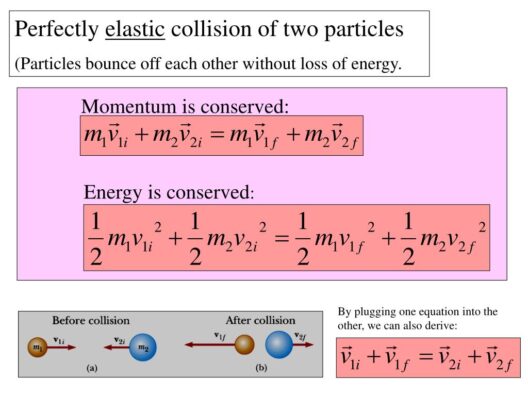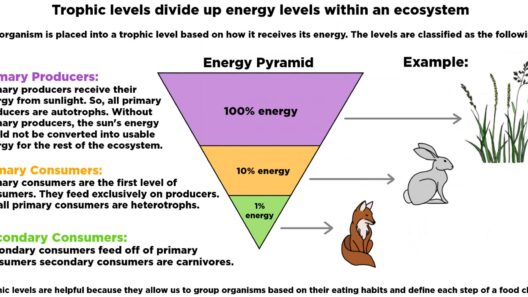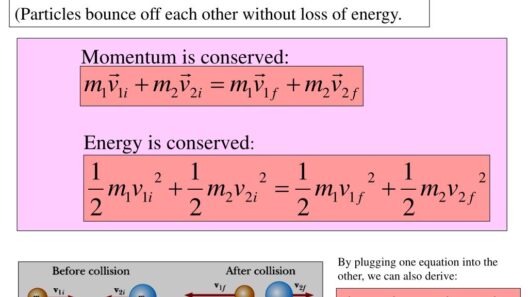The concept of conservation of energy is a foundational principle in physics, asserting that the total energy of an isolated system remains constant, although it may change forms. This principle has been explored and applied across various fields of science, leading to an intriguing question: Does the universe itself adhere to the conservation of energy? To probe this query, one must delve into several facets of physics, cosmology, and the fundamental laws governing the cosmos.
In classical mechanics, conservation of energy manifests clearly in various processes. When a ball is thrown into the air, its kinetic energy diminishes as it rises, converting into gravitational potential energy until it reaches its apex, only to revert back as it falls. This interplay of energy forms is quintessential and illustrates the axiomatic nature of energy conservation in closed systems. However, extending this understanding to the universe as a whole requires a more nuanced examination.
In modern physics, particularly in the framework of general relativity, the notion of energy conservation becomes increasingly complex. Einstein’s theory posits that mass and energy are interconversibles, encapsulated in the famous equation E=mc^2. This insight reveals that energy can exist in various forms—kinetic, potential, thermal, and even in the mass of particles themselves. In an expanding universe, as described by the Big Bang model, one must consider how energy conservation applies when the very fabric of space-time is dynamic.
One of the first critical concepts to understand is that in an expanding universe, the traditional interpretation of energy conservation faces challenges. As space expands, the wavelengths of photons traveling through it lengthen, a phenomenon described as redshift. This redshift implies that the energy of these photons diminishes as the universe does work to expand. Consequently, if the energy of these photons decreases, what happens to the “lost” energy? This question leads to complexities intrinsic to the fabric of cosmology and observational astrophysics.
Additionally, the introduction of dark energy into cosmic discourse adds further complications. Dark energy constitutes about 68% of the universe and is responsible for its accelerated expansion. Unlike ordinary matter and radiation, dark energy remains enigmatic, and its effects defy conventional energy conservation laws. As more of the universe’s energy converts to dark energy, the implications of energy conservation become increasingly ambiguous. Does this mean that energy is not conserved in the universe as a whole? Or is it a manifestation of the evolving understanding of energy as space itself modifies?
Furthermore, quantum mechanics introduces another layer of intrigue. In the quantum realm, energy conservation appears disrupted due to the nature of quantum fluctuations, wherein particles can spontaneously appear and annihilate fleetingly before being detected. This ephemeral behavior elucidates energy conservation only in a statistical sense rather than a deterministic one, allowing for a temporary imbalance. Various interpretations, such as the Copenhagen interpretation, grapple with these phenomena, prompting debate over whether energy conservation holds true at this fundamental level.
A pertinent aspect of the conservation of energy in the universe pertains to the second law of thermodynamics, which asserts that in a closed system, entropy—a measure of disorder—tends to increase over time. This tendency towards higher entropy seems to implicate that while energy itself may be conserved, its capacity to perform useful work diminishes. As the universe evolves, it moves toward a state known as “heat death,” wherein thermal equilibrium results in maximum entropy and minimum energy available for work. This suggests that though energy is conserved globally, its utility is not uniformly maintained throughout cosmic history.
Considering the conservation of energy in the context of black holes further complicates the discourse. Black holes, regions of space where gravitational pull is so intense that even light cannot escape, challenge classical understandings of energy conservation. The process of Hawking radiation, theorized by Stephen Hawking, indicates that black holes can emit radiation, leading to a gradual loss of their mass and energy over astronomical timescales. This phenomenon raises philosophical and theoretical queries about the fate of information and energy in the universe, particularly regarding the so-called information paradox.
Moreover, the cyclical universe models propose alternative viewpoints, suggesting that the universe undergoes infinite periods of expansion and contraction. In such models, energy might not need to remain strictly conserved but could shift in forms from one cycle to the next. Exploring this notion pushes the boundaries of traditional physics, spurring innovative theories and potential new paradigms in cosmology.
In closing, to ascertain whether the universe itself obeys the conservation of energy prompts myriad contemplations that transcend mere physics. It challenges our comprehension of existence, evolution, and the very underpinnings of reality. While energy conservation appears effectively adhered to within localized systems, its global implications across the universe’s intricate tapestry are not so straightforward. The evolving landscape of theoretical physics continues to unravel the complexities inherent to these questions, as researchers strive to unveil the mysteries of cosmic phenomena and our understanding of energy itself.








